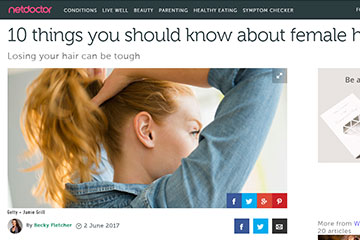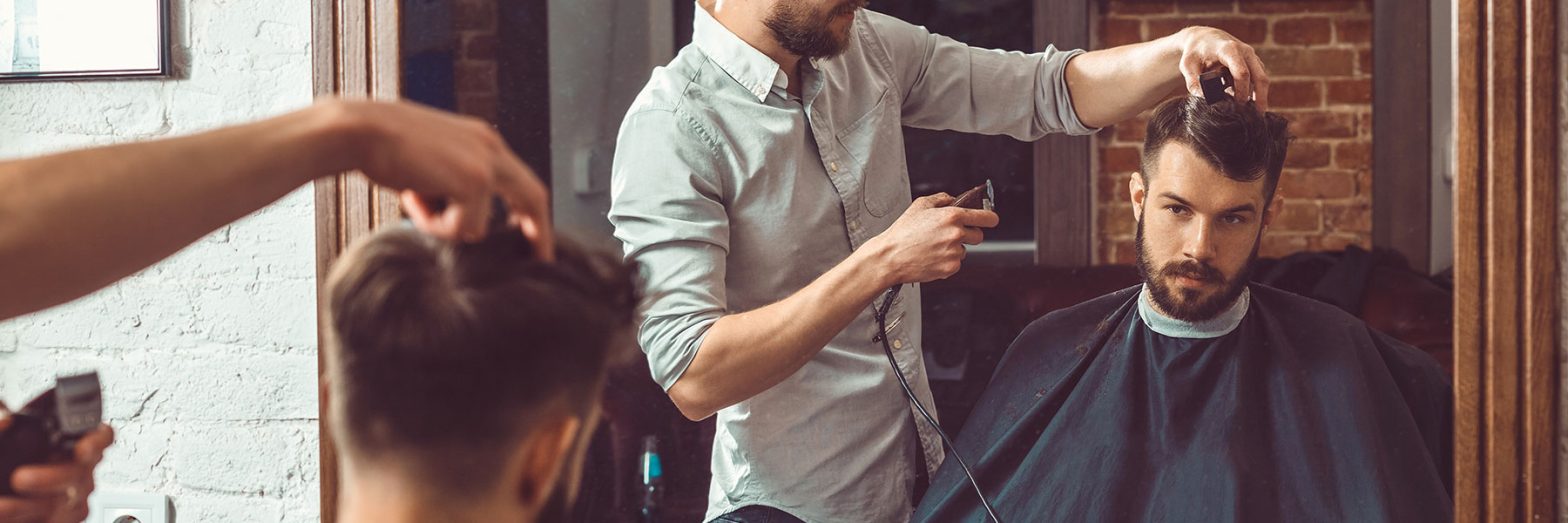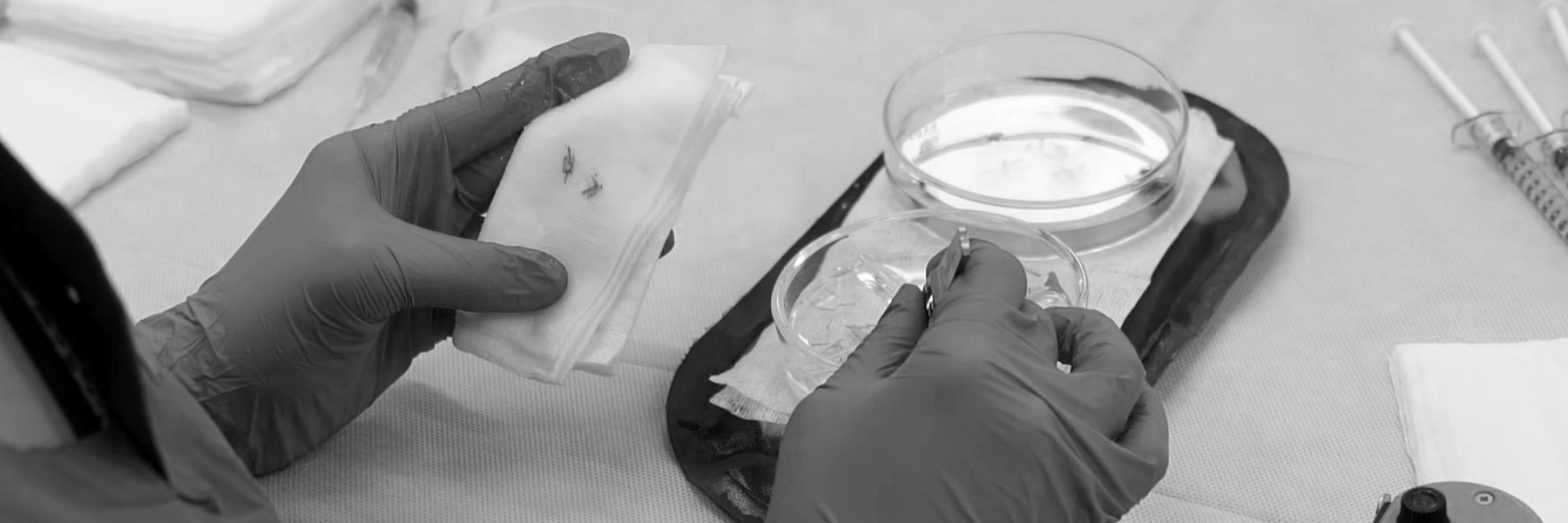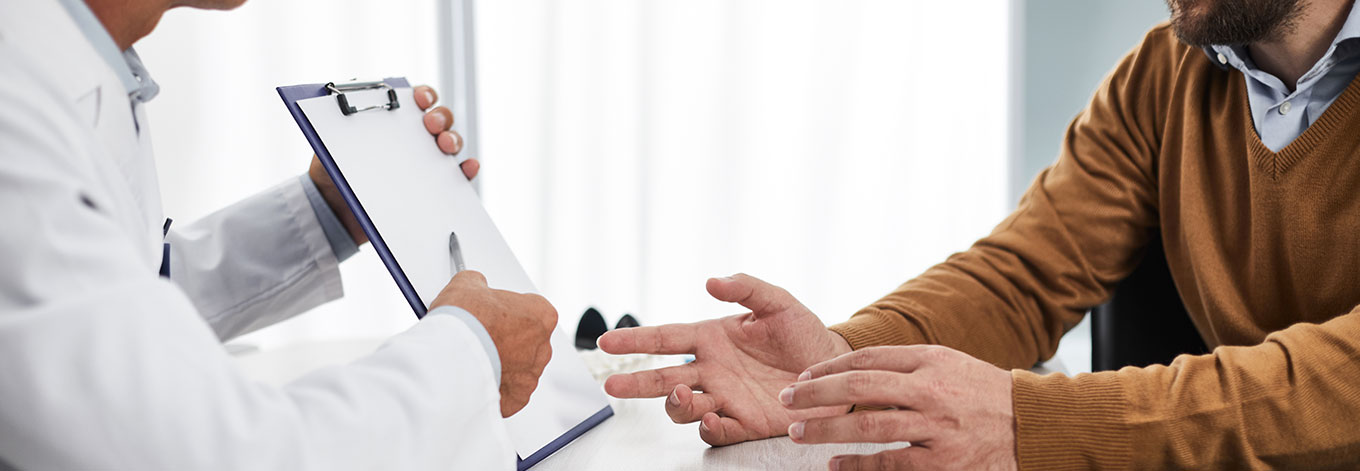
10 things you should know about female hair loss
HAIR LOSS & HAIR TRANSPLANTS
Net Doctor
Following Nadia Sawalha’s powerful video earlier this week, where she talked about her experience with hair loss and the emotional impact it had, The Private Clinic of Harley Street reveals the 10 things you should know about losing your hair.
1. Genetics has an important part to play
“Women can both inherit genes from the paternal and maternal side, which make them more susceptible to hair loss. While there are a number of other factors that can play a part in losing your hair, genetics is one of the strongest of these.”
2. Hormones are part of the problem
“Changes in hormone levels are also a common cause of hair loss. If you are post-menopausal then it is not uncommon for your hair to thin. Women with higher levels of testosterone are also more likely to succumb to male patterned baldness.”
3. It could be a sign of an underlying medical condition
“Unlike in men, hair loss in women is mostly caused by an underlying medical condition. If you are able to get to the cause of the problem, then it is likely that the hair loss you experience will reduce or even stop altogether. Underactive Thyroid, anaemia, hormonal disorders including oestrogen, polycystic ovaries or even lupus are all conditions that can cause hair loss. If you are diagnosed with one of these conditions you can see medical help from your GP and more often than not, hair loss can be reversed. “
4. Washing is GOOD
“It is often said that regular washing is bad for the hair. In actual fact, hair should be washed regularly to keep it clean and healthy. Evidence has indicated that using an SLS (Sodium Lauryl Sulphate, a common chemical found in shampoos) free shampoo can be instrumental in preventing hair loss. Using conditioner can also be effective, but make sure you apply it to the hair shafts and not the scalp in order to make the hair softer.”
5. Over-styling is BAD
“Dying the hair regularly (particularly when it’s not done professionally) can cause the hair to become brittle and to fall out. Extensions can also weaken the hair, and can contribute towards traction alopecia because of how the hair is being pulled and weighed down. If you wear hair extensions, try not to do so on a frequent basis; it’s important to give your hair freedom to move and to grow.”
6. Stress could make things worse
“Prolonged periods of stress can lead to changes in hormonal levels, which in turn can cause the hair to thin. Pulling of the hair is also linked with stress, and can create a vicious circle for the sufferer. If you are concerned that your hair loss is down to being stressed, try to incorporate time away from these stressful environments into your daily routine.”
7. Protein is important
“Your hair is made up of keratin, which is a natural protein. Ensuring your diet is high in protein will therefore help to keep your hair strong and healthy. Make a special effort to eat dishes which include eggs, fish and lean meat and over time you may see an improvement.”
8. It is possible to increase hair density
“There are a number of supplements available which can claim to prevent or reduce hair loss but there is little evidence to suggest that these are effective. Topical minoxidil (sold as Regaine) is perhaps the only clinically proven product to safely and effectively reduce hair loss in certain cases. There is a special formula specifically designed for women, too, although it’s important to seek the advice of your GP or hair loss specialist before using any form of product like this.”






